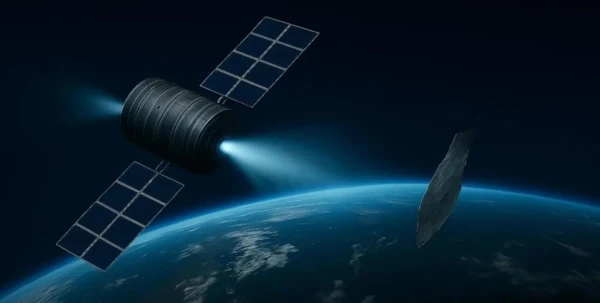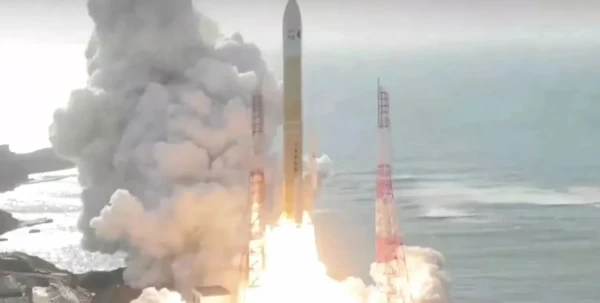
The ALBATOR project has received a multi-million euro grant to create a technology for contactless removal of space debris. These objects pose a significant threat to operational spacecraft in orbit and even to the International Space Station, writes Focus.
According to the European Space Agency (ESA), there are up to 140 million fragments of space debris in orbit, each as small as 1 mm. There are also millions of larger debris pieces. Space debris includes both non-functional satellites and parts of rockets, as well as products of their collisions with each other. The increasing amount of space debris raises the risk of collisions with operational spacecraft in orbit. The new ALBATOR project aims to create a technology for removing hazardous debris from a distance, without the need for physical contact, writes Space.
Although companies like SpaceX claim to have ways to avoid satellite collisions with space debris, the risk of collision still exists. This is especially true for old decommissioned satellites that cannot maneuver away from a collision. Space agencies, including ESA, as well as private companies around the world, are looking for ways to clean up the orbit from debris.
The new ALBATOR project, costing 3.9 million euros and created by ESA, is in the early stages of development. It aims to create spacecraft capable of removing space debris from the paths of satellites and even the International Space Station using ion beams from a distance. These spacecraft will need to remove space debris before it poses a threat to operational satellites.
The new spacecraft from the ALBATOR project are expected to use a beam of particles with ions (charged electrons) to move debris, eliminating the need for direct contact with space debris. This approach differs from other methods that require physical contact with the object.
The ALBATOR project is set to last 3.5 years and will continue until February 2029. The project coordinator is the French company Osmos X. Universities from Spain and Germany, as well as the Luxembourg branch of NorthStar, headquartered in Montreal, Canada, are participating in the project.
The launch date for the demonstration version of the spacecraft from the ALBATOR project has not yet been announced.















Leave a comment